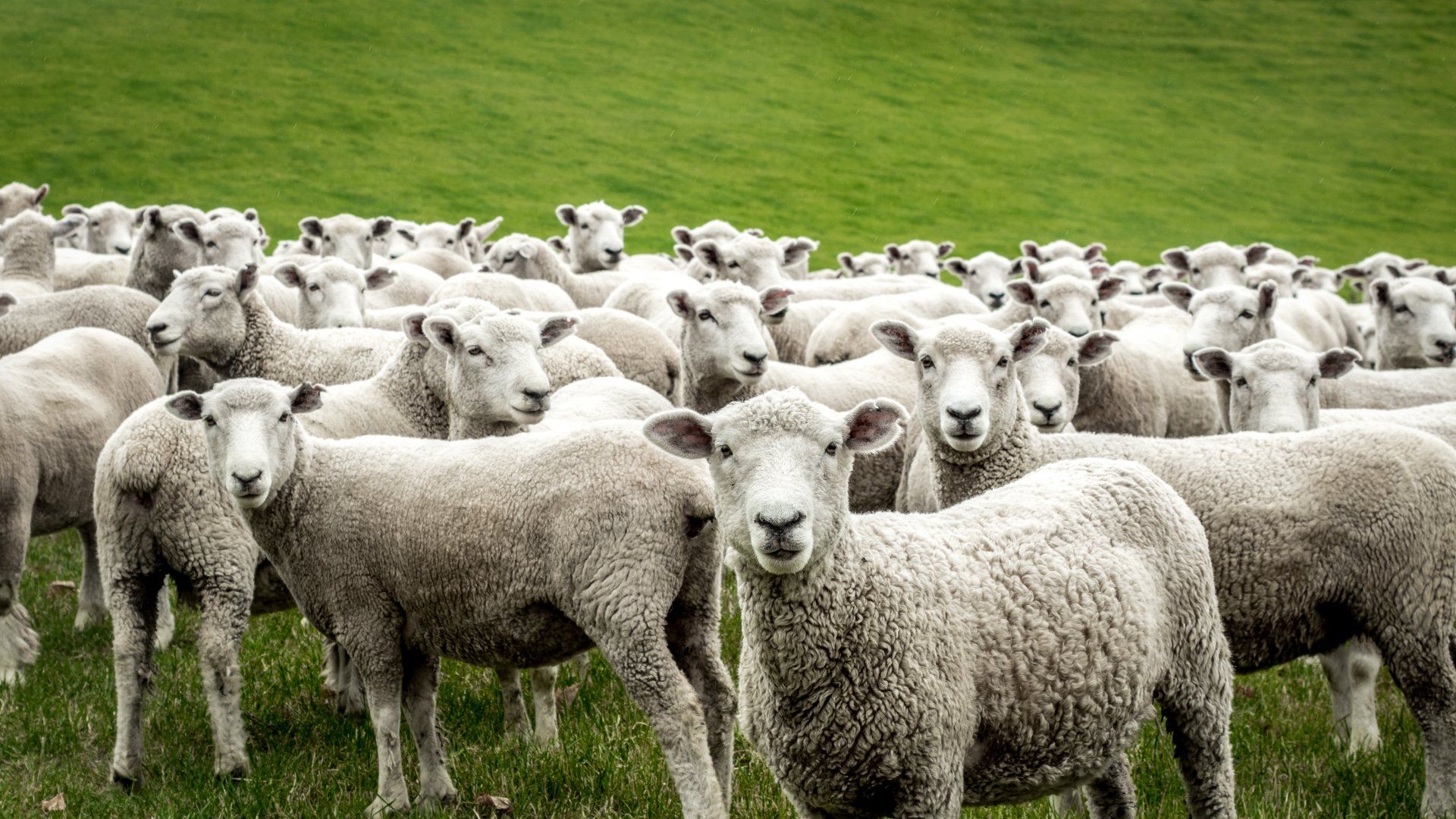
Eid ul-Adha / Udhiya
Each year, Aid Bridge collects donations for Eid ul-Adha, acquires sheep, and distributes them to the most disadvantaged individuals following established traditions. Additionally, Aid Bridge extends charitable offerings in the form of meat portions.
At the heart of this celebration lie values such as charity, sacrifice, and a sense of community. Eid ul-Adha provides an opportunity for reflection on virtues of charity and assistance to the less fortunate.
Donors can choose to engage in a proxy sacrifice, delegating someone else to perform it on their behalf, or offer a sacrificed animal as charity to a needy family.
We appeal to donors to support the procurement of Eid Sacrifices for impoverished families, enabling them to partake in the joy of this special day. Let's stand together in solidarity!
IFTAR PROGRAM

Importance of Eid ul Adha and our duties and responsibilities to those who are less fortunate in the light of the Quran.
Eid ul-Adha, also known as the Festival of Sacrifice, is one of the two major Islamic festivals celebrated by Muslims worldwide. It commemorates the willingness of Prophet Ibrahim (Abraham in Judeo-Christian tradition) to sacrifice his son as an act of obedience to God. However, before he could carry out the act, God provided a ram to sacrifice instead. Eid ul-Adha falls on the 10th day of Dhu al-Hijjah, the last month of the Islamic lunar calendar, and it coincides with the annual Hajj pilgrimage in Mecca.
The importance of Eid ul-Adha is highlighted in the Quran, where it is mentioned that the sacrifice itself does not reach God, but it is the piety and sincerity behind the act that matters. The Quran encourages believers to reflect on the significance of sacrifice and to cultivate a sense of gratitude and obedience to God.
Duties and Responsibilities in the Light of the Quran:
- Sacrifice as an Act of Obedience (Quran 22:37): The act of sacrificing an animal during Eid ul-Adha symbolizes obedience to God's command. It serves as a reminder that believers should be ready to submit to God's will and follow His guidance.
- Piety and Righteousness (Quran 22:37): The Quran emphasizes that the meat or blood of the sacrificed animal does not reach God; rather, it is the piety and righteousness of the person making the sacrifice that is valued. This reinforces the idea that sincere intentions and good deeds are crucial in any religious practice.
- Sharing with the Less Fortunate (Quran 22:28): The Quran encourages believers to share the meat of the sacrificed animal with the less fortunate. This act of charity is an essential aspect of Eid ul-Adha and reflects the Islamic principles of compassion, generosity, and concern for the welfare of others.
- Caring for the Needy (Quran 2:267-273): The Quran encourages believers to spend what God has provided for them, particularly for the benefit of those in need. Acts of charity and helping the less fortunate are seen as ways to purify one's wealth and contribute to the well-being of the community.
- Remembering the Less Fortunate during Festivities: The Quran advises believers not to forget the less fortunate even during times of celebration and festivity. This highlights the importance of being mindful of the needs of others and ensuring that the joy and abundance experienced during Eid are shared with those who are less fortunate.
In summary, the celebration of Eid ul-Adha is not only a commemoration of Prophet Ibrahim's obedience but also an opportunity for believers to reflect on the values of sacrifice, piety, and charity as outlined in the Quran. The duties and responsibilities associated with this celebration underscore the importance of caring for the less fortunate and promoting social justice and compassion within the Muslim community and beyond.
